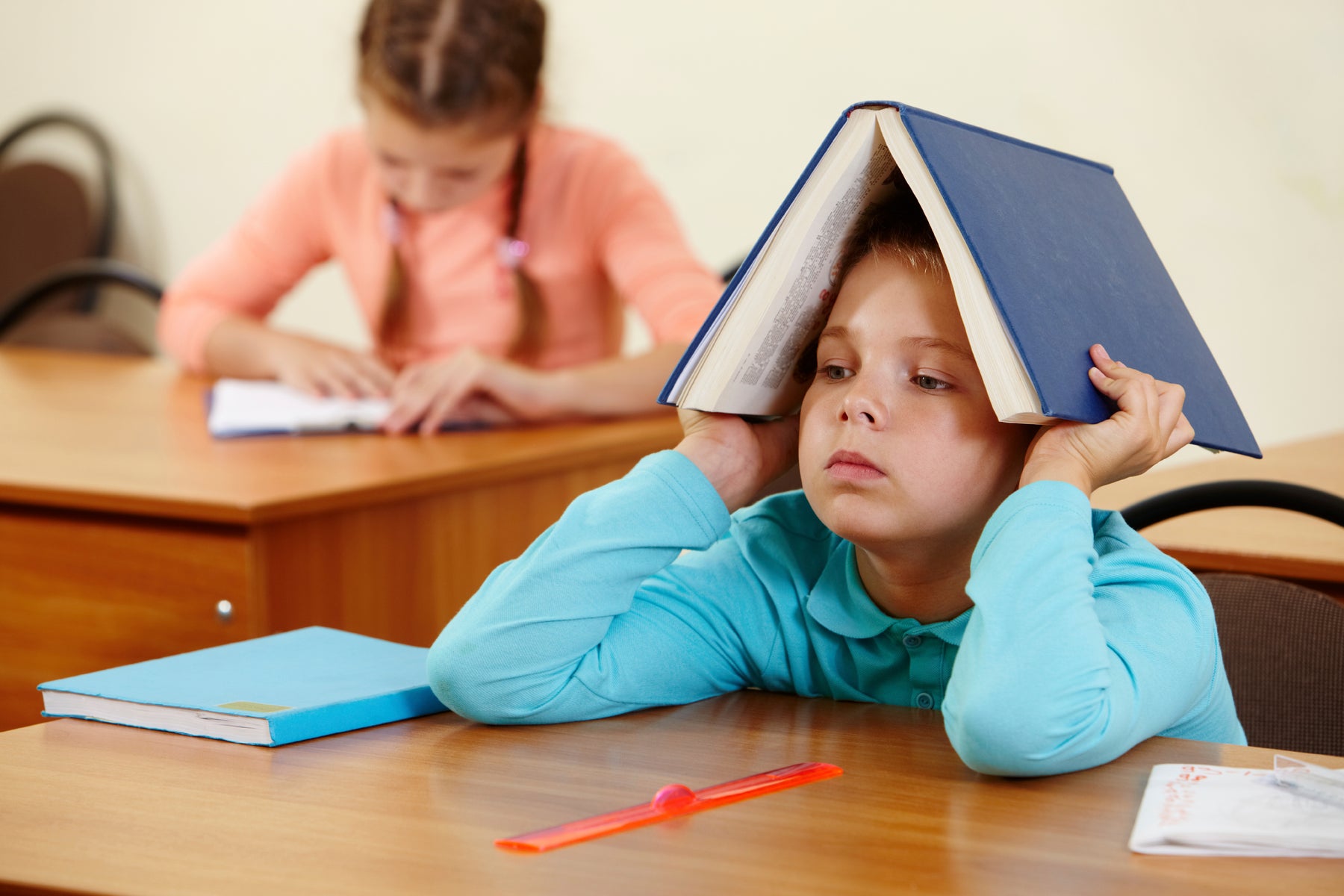
ADHD - latest research findings! How you can help your child with ADHD.
ADHD continues to raise concern and interest for researchers and new findings are continually being published. We look at some of the latest developments that the research community has to offer about ADHD and how these findings can help your child.
What are the latest ADHD research findings?
ADHD and Binge-eating
A new study was found at the John Atkins University in Baltimore that children with ADHD were more than likely to develop binge-eating disorders. While many children with ADHD typically lose weight because they are prescribed stimulant drugs such as Ritalin, Adderall or Concerta (which often leads to loss of appetite), experts have now also linked ADHD to weight gain and obesity.
According to The Centers for Disease Control and Prevention (CDC) Report published in 2011, approximately 11% of children between the ages of 4 to 17 years old in the US have been diagnosed with ADHD.
It is believed that the cause of excessive weight gain in some children with ADHD may be connected to the impulsivity that is characteristic of ADHD behaviour and the loss of control when eating food.
This type of eating shares similar criteria with binge eating disorders but is characterised by the inability to stop eating at certain times.
In the study, 79 children between the ages of 8 and 14 years old were assessed to diagnose ADHD and LOC-ES (loss of control eating syndrome). Researchers discovered that children diagnosed with ADHD were 12 times more likely to develop LOC-ES than children who were not diagnosed with ADHD.
As you can see, these findings suggest that there is a link between ADHD and binge eating disorders.
ADHD and poor sleep
A new Danish study from Aarhus University has shown that children with ADHD may have more difficulty falling asleep and experience more sleep problems in comparison to other children. Their study documented that children with ADHD take a longer time to fall asleep and that their sleep patterns were more disturbed.
According to the study, children with ADHD slept on average 45 minutes less than children without ADHD. There was a huge difference in sleep patterns between the two groups. For instance, children with ADHD fell asleep faster during the day than the children without ADHD.
How these findings can help your child
These findings about ADHD and binge-eating and ADHD and poor sleep can help parents to deal better with these issues. It also gives parents peace of mind that there is truth to these claims and there is a strong link between ADHD symptoms and certain health problems.
Some tips to help your ADHD child with excessive weight gain
Change your child’s diet
Making changes to your child’s diet is very important. Once certain foods are removed the diet, you will definitely be able to see the difference in your child’s weight and behaviour. Remove sugar, MSG, colourants, tartrazine and artificial preservatives from his or her daily diet.
Things to avoid are fizzy cool drinks, sweets, chocolates, anything with caffeine, sugar and artificial colouring. Try to keep junk foods down to a minimum and definitely don’t have it stored in the house where it is difficult to resist!.
See what happens if you eliminate wheat and refined carbohydrate from the diet for a few weeks. Instead use oats, brown rice and rye bread.
Give them lots of fresh fruit, salads and veggies and include fish in the diet as much as possible. Add an all-natural weight loss remedy specially formulated for children called JuniorSlim (for under 12’s) or EcoSlim (for teens & adults) to promote a healthy metabolism and eliminate excess fat.
Some tips to help your ADHD child sleep better
Getting your ADHD child to sleep at night is usually an uphill battle for most parents! Start by establishing routines and boundaries – a good bedtime routine is great place to start. Create an evening ritual where you eat together as a family, bath your child, read a story and settle him or her down for bed. This takes practice, consistency and patience, so be prepared!
Reduce distractions in the home by keeping everything quiet around bed time. Turn the TV down, put computers, video games and cellphones away. Turn the lights low and prepare your house for bedtime.
Other things to avoid are giving your child food or beverages directly before bedtime, especially food and drinks containing sugar.
Hyperactive children with ADHD may need to work off pent up energy and frustration. Encourage exercise and lots of physical activity during the day to encourage better sleep patterns.
A natural remedy such as DuDu Drops, a 100% homeopathic remedy can help to promote peaceful sleep patterns and calm and relax your child.
Review your child’s medication
If your child is taking prescription drugs for ADHD, they could possibly be having an effect on sleep patterns. If this is a problem, consider reviewing your child’s medication with the prescribing doctor.
Also research natural alternatives for ADHD treatment, that can be effective in improving concentration and brain functioning and reducing hyperactivity and behaviour problems, without the side effects of prescription drugs. Have a look at Focus & Calm and BrightSpark in the Feelgood Health range. These natural remedies for ADHD were formulated for use in my private practice and have been effective for children around the world for over 20 years. Also make sure that your child has a good multivitamin daily and limit foods and drinks with high sugar and chemical additives.
Remember that we have a FREE Ask Us support service via email, Whatsapp or telephone!


Leave a comment